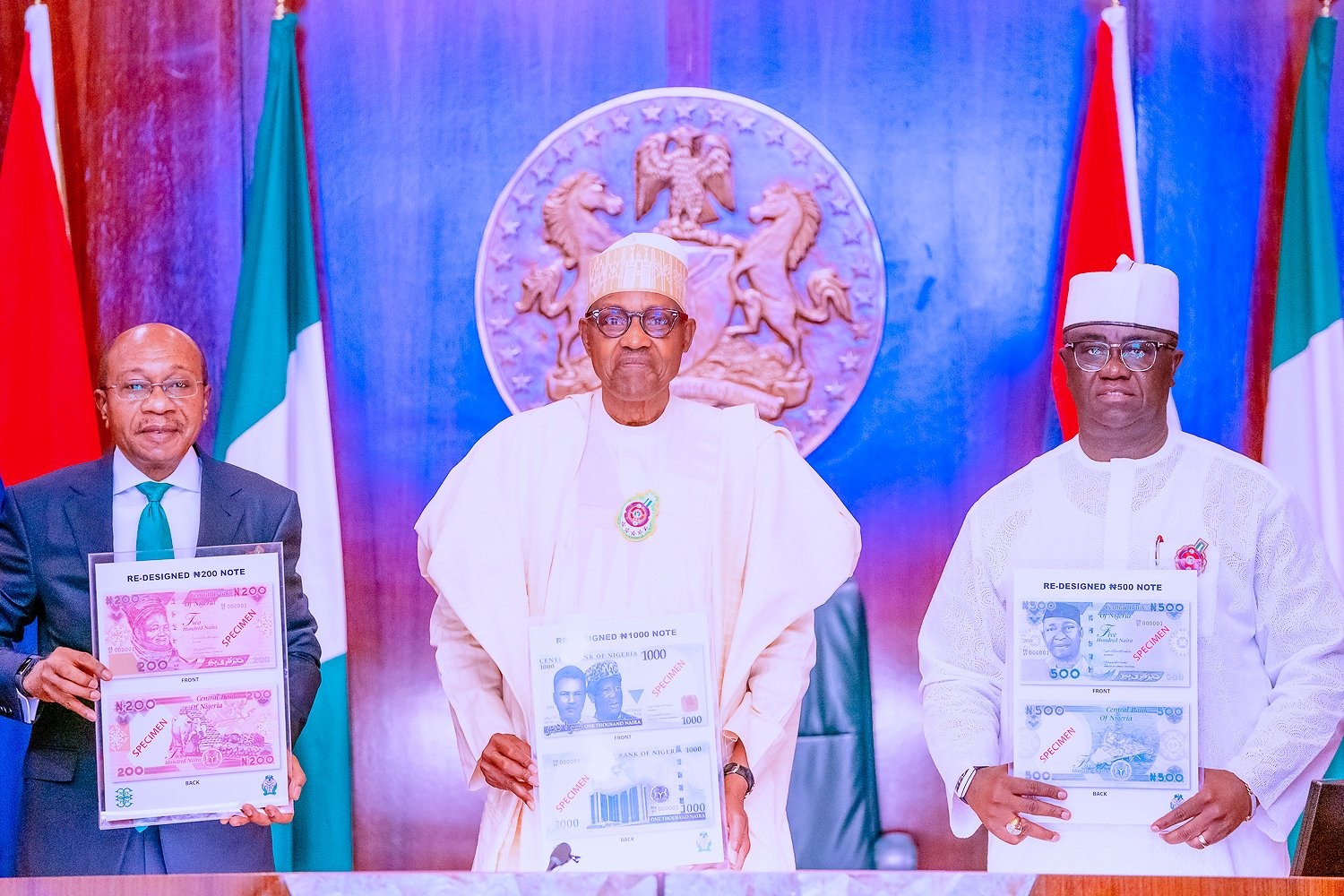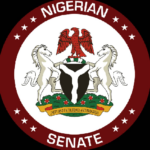The Senate on Wednesday urged the Central Bank of Nigeria (CBN) to increase the cash withdrawal limits.
The CBN had, on December 6, restricted the maximum cash withdrawal by individuals and corporate organisations per week to N100,000 and N500,000 respectively.
The policy is billed to take effect on January 9, 2023.
But the Senate, after debating the report of its Committee on Banking, which engaged CBN chiefs on the policy, yesterday asked the apex bank to adjust the withdrawal limits in response to the public outcry that trailed it.
Stop begging West for loans, Ghana president tells African leaders
Ex-kingmaker sues El-Rufai, 13 others, seeks Emir of Zazzau’s removal
The Senate directed the committee to embark on aggressive oversight of the CBN on its commitment to flexible adjustment of the withdrawal limit and periodically report outcomes to the chamber.
It also resolved to support the CBN in the continuous implementation of transformational payments and financial industry initiatives in line with its mandate.
Senators, during the debate, expressed divergent views on the withdrawal limits, with the majority saying the implementation would affect the rural economy.
Senators Yusuf Yusuf (APC, Taraba), Degi Eremienyo (APC, Bayelsa) and Francis Alimikhena (PDP, Edo) urged their colleagues to support the policy’s implementation.
Senator Uba Sani (APC, Kaduna), who chairs the Committee on Banking, said the cashless policy was in line with CBN Act and was intended to foster a safe, credible and efficient payment system.
“It’s neither targeted at any segment of the society nor intended to disenfranchise hardworking Nigerians and businesses as insinuated in some quarters,” he said.
But those who spoke against the policy said it is unsustainable in a rural economy like Nigeria, and that forcing it on the citizens would create a currency black market.
Senator Ajibola Basiru (APC, Osun) described the cash withdrawal limits as unrealistic, given the current average cost of living.
Basiru and Senator Orji Uzor Kalu (APC, Abia) called for an upward review of the withdrawal limits.
Kalu suggested N500,000 daily cash withdrawal limit for individuals and N3m for corporate bodies.
Senators Adamu Aliero (PDP, Kebbi), Hassan Hadejia (APC, Jigawa) and Adamu Bulkachuwa (PDP, Bauchi) said the implementation of the policy would crash the rural economy and render many jobless.
Bulkachuwa said the CBN, with the policy, was trying to pull the wool over the eyes of Nigerians and dismissed the panel’s recommendations as nonsensical.
Senators Biodun Olujimi (PDP, Ekiti) and Francis Fadahunsi (PDP, Osun) raised an issue with the timing of the policy and called for massive enlightenment of Nigerians.
“The policy seems to be targeted at the elite who often devise means to circumvent the law. But it’ll affect millions of Nigerians in the rural areas,” Fadahunsi said.
Senator Stella Oduah (PDP, Anambra) who described it as draconian, said: “Many rural communities in Nigeria have no internet network. Without necessary infrastructure put in place, the policy will create more trouble,” Oduah said.
Meanwhile, the new Naira notes will go into circulation today as banks are expected to make them available to customers across the country. Director, Currency Operations, CBN, Bello Umar, reconfirmed this in Abuja yesterday during a post-Monetary Policy Committee press briefing.
President Muhammadu Buhari had, on November 23, unveiled the redesigned Naira notes across the N200, N500 and N1,000 denominations.

 Join Daily Trust WhatsApp Community For Quick Access To News and Happenings Around You.
Join Daily Trust WhatsApp Community For Quick Access To News and Happenings Around You.

